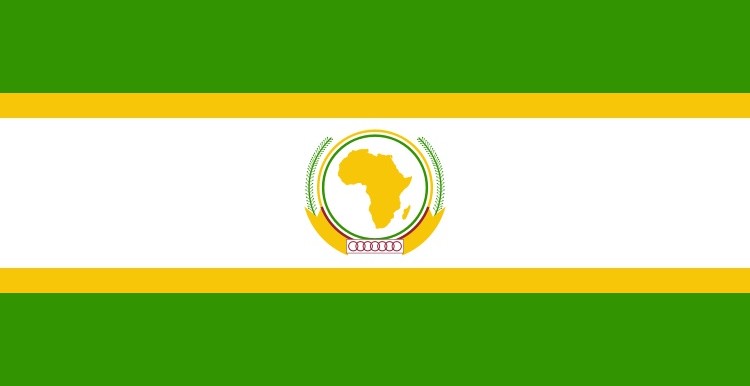The special border committee formed by the African Union was expected to head today to Kadugli in South Kordofan in order to start field work on determining the ‘zero line’ between Sudan and South Sudan, which will be the centre line of the demilitarized zone.
The secretary of the Joint Political and Security Mechanism (JPSM), Dr. Mu’iz Farouk Mohamed, said in a press statement that the committee will begin by first determining the zero line for the Heglig-Bentiu and Kosti-Renk crossings.
He added that the committee will commence its work from this week until 12 August, pointing out that the determination of the zero line will be based on a map provided by the African Union mediation and approved by the two countries.
Mu’iz stressed that success in the committee’s work would be a gateway to activate all security arrangements, particularly with regard to the withdrawal, redeployment and opening of the border crossings, as well as re-initiation of trade agreements which were halted due to the deterioration of relations.
The African Union sent a technical team to Khartoum and Juba on 4 July and met with number of officials in the two countries. The technical experts also made a field visit to the demilitarized safe zones and met with the commanders of UNISFA and UNAMID.
In a related development, the Chairman of the African Union High Implementation Panel (AUHIP) Thabo Mbeki was expected to brief members of the African Union Peace and Security Council on Monday in the Ethiopian capital on the latest development in the two Sudan.
Sudan’s Foreign Ministry Spokesman Ambassador Abubakar Al-Sadiq told press in Khartoum that Foreign Minister Ali Karti will represent his country at the Addis Ababa meeting. The meeting coincides with one of the Joint Political and Security Mechanism, which deals with border conflicts and accusations over harbouring rebels.
Last week Khartoum agreed to delay the deadline for shutdown of the oil pipelines from South Sudan, a measure threatened by President Omar al-Bashir. The delay allows time for the border committee to work as well as another investigative committee of three African generals to follow up on Khartoum’s allegations.




